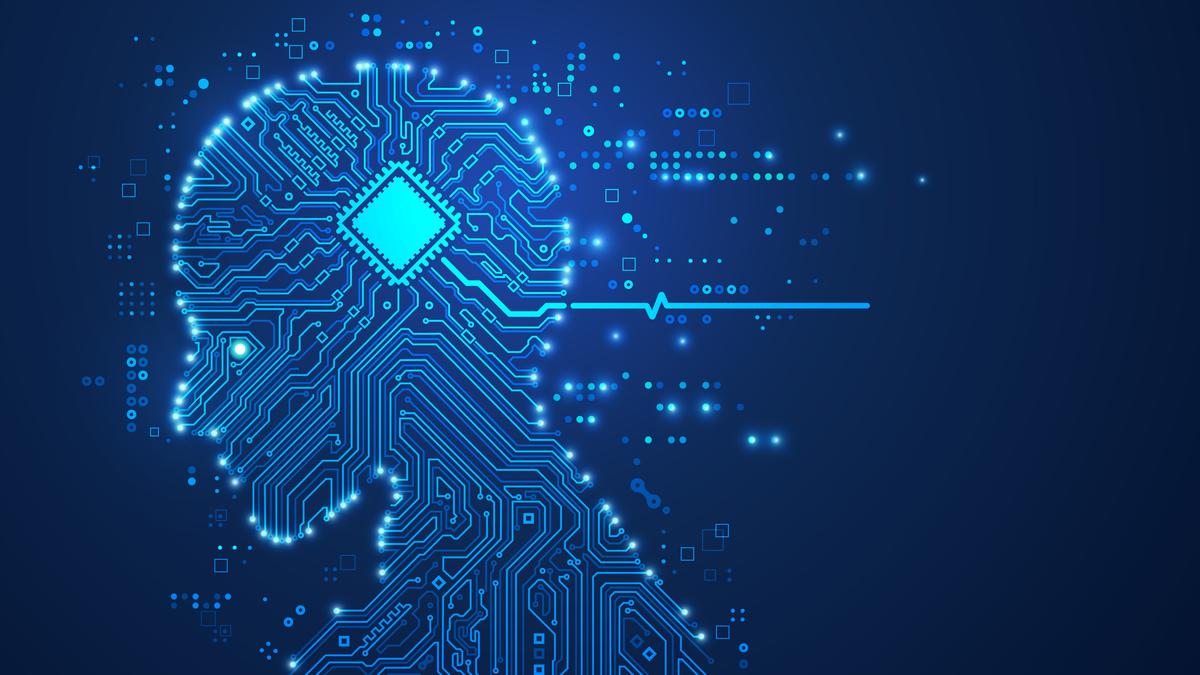
‘AI’s benefits to humanity are enormous, we need social mechanisms to deal with the problems it creates’ Premium
The Hindu
“AI is primarily to be seen as enhancing the mental capabilities of human beings. Anything you use your brain for, AI will be able to enhance what you do. And to me that is the main definition of AI, just like engineering as a field enhances the physical capabilities of human beings,” he notes.
Artificial intelligence, unarguably, has been transforming the lives of people in ways that were unimaginable till recently. While it has contributed immensely to improving efficiencies across systems, its unprecedented and unregulated pace has also caused anxieties in terms of deepfakes and potential job losses.
Dr. Raj Reddy, Moza Bint Nasser University Professor of Computer Science and Robotics at Carnegie Mellon University and Padma Bhushan awardee, has been a strong proponent of AI and the promises it holds for the world.
“AI is primarily to be seen as enhancing the mental capabilities of human beings. Anything you use your brain for, AI will be able to enhance what you do. And to me that is the main definition of AI, just like engineering as a field enhances the physical capabilities of human beings,” he notes.
Dr. Reddy was recently in Bengaluru to deliver the inaugural lecture of Dr. V.S. Arunachalam Memorial Lecture organised by CSTEP. He spoke about the potential of AI to bridge literacy gaps and language divide and eliminate poverty and hunger with the help of AI-applied technologies that may aid in facilitating better food, energy and water security, medical care and education.
One of the interesting ideas proposed by Dr. Reddy was taking the help of AI to avoid future lockdowns. “During COVID-19, lockdown was introduced arbitrarily in India which turned into a major disaster for poor people,” he pointed out. “In the future, if you have an intelligent watch that measure all the vital statistics like temperature, heart rate, oxygen level, blood pressure and so on, then you can precisely say whether you have COVID and if you should self-quarantine. Then you may need a health passport...That type of technology is now possible.”
He pointed out that the cost of providing smart-watches to all citizens would be only about 20% of the loss to the GDP in 2020 due to COVID-19.
While acknowledging concerns such as job losses due to the advent of AI, he said that it will happen over a few decades which gives enough time to create societal mechanisms to deal with it through options. The options include Universal Basic Incomes, absorbing a higher number of people into more elastic jobs such as teaching, nursing, and so on.

The Karnataka government has drafted a comprehensive master plan for the integrated development of Kukke Subrahmanya temple, the State’s highest revenue-generating temple managed by the Hindu Religious Institutions and Charitable Endowments Department. The redevelopment initiative is estimated to cost around ₹254 crore and aims to enhance infrastructure and facilities for devotees.












